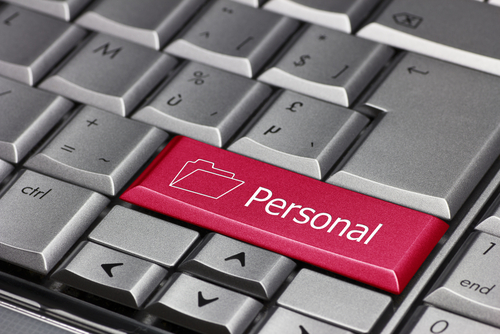The results of a national survey released Tuesday (Oct. 21) reveal that a majority of Americans are comfortable sharing personal information, particularly when there’s rewards information to gain from sharing.
Sixty percent of consumed in the survey revealed that they divulge personal information to their favorite stores and 56 percent said they would to a product brand. Another 46 percent said they would share personal data with an app. When it came to providing information to receive info about events or concerts, 18 percent would share; that same number would share personal data to receive notifications about stores or restaurants around them. Fifteen percent of customers said they would reveal data to learn real-time location of friends; the same percentage said they would to gain entrance to an event without having to show an ID or ticket. Nearly one and five surveyed said they would exchange information to receive notifications about store deals.
“Our study revealed that consumers are looking for smart technology that will help improve their overall lives and that they would feel comfortable sharing personal information if it offered a better user experience,” Luis Felipe Rincon, CEO of Wearables.com said in the news release about the survey. “Traditional thinking is that consumers would never agree to share their information, such as location, with brands and the like, but this national research shows that consumers—especially Millennials—would share their location and much more. In fact, what we found is that wearables may be the tipping point that unlocks the next advertising opportunity for brands.”
The survey also revealed that nearly two-thirds of respondents have already considered purchasing a wearable item, with more men than women saying they’d use wearable technology “if it made them appear to be smarter or more attractive.” Also noted in the survey was data suggesting that consumers in the millennial generation (77 percent) are more likely to share personal information and more likely than non-millennials (54 percent) to considered purchasing a wearable item.




